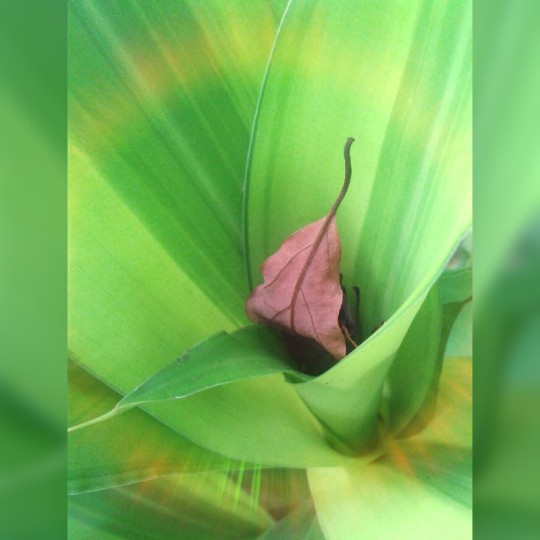
"Where buddha ancestors meet, there is offering incense, spreading fragrance; flowers raining, scattering petals; consoling and asking after the harmony of the four elements [i.e., the other’s health]; and inquiring as to whether those seeking instruction are difficult. If this occurs, then the jewels of Buddha, Dharma, and Sangha will manifest."
Eihei Dogen - Eihei Koroku #133
***
"Dónde los antepasados de Buda se encuentran, se están ofreciendo incienso, difundiendo fragancia; lloviendo flores , esparciendo pétalos; después consolando y preguntando por la armonía de los cuatro elementos [es decir, la salud del otro.]; Y preguntando acerca de si aquellos que buscan la instrucción son difíciles Si esto ocurre, entonces las joyas del Buda, el Dharma y la Sangha se manifestarán. "
Eihei Dogen - Eihei Koroku # 133





